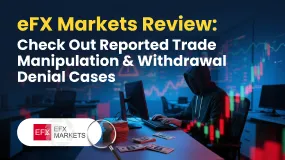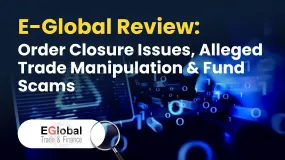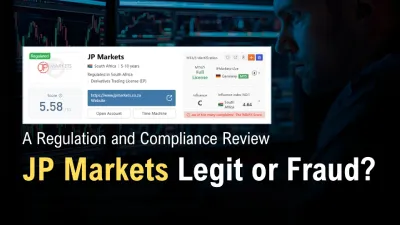Abstract:The search for the perfect broker is often clouded by the fallacy that a single broker can fulfill all the diverse needs and preferences of every trade. The reality is that no single broker can claim universal excellence.

In the intricate world of forex trading, the idea of a one-size-fits-all “best” broker is a misleading notion. The search for the perfect broker is often clouded by the fallacy that a single broker can fulfill all the diverse needs and preferences of every trader. The reality is that no single broker can claim universal excellence, as the ideal choice is highly dependent on individual trading strategies, preferences, and objectives.

The notion of a universally “best” broker fails to consider the fundamental differences in trading styles and requirements. Day traders and scalpers, for instance, prioritize brokers that offer exceptionally low spreads. For these traders, tight spreads are crucial because they minimize transaction costs on frequent trades, which is essential for maintaining profitability. Conversely, longer-term traders or those who engage in less frequent trading might value other factors, such as lower commissions or better customer service, over the tightest possible spreads. This variance underscores why a broker that excels in one area may not necessarily meet the needs of another trader with different priorities.
Additionally, brokers often present a trade-off between spread costs and commission structures. Some brokers offer low spreads but charge high commissions, while others might eliminate commission fees altogether but widen their spreads. The choice between these options depends on the traders strategy and frequency of trading. For instance, a scalper who executes numerous trades per day may find that a broker with low spreads and high commissions suits their needs better, as the lower spread costs can offset the impact of higher commissions. On the other hand, a trader with a less active approach might prefer a broker with no commissions but higher spreads.
Contract sizes also play a significant role in this complex equation. Brokers vary widely in their contract sizes for different assets, which can dramatically affect profit margins. Traders focused on high-value instruments like the US30 index may experience vastly different outcomes depending on the brokers contract size offerings. This disparity illustrates that what may be a lucrative arrangement for one trader might not work as well for another.
The distinction between regulated and unregulated brokers adds another layer of complexity. Regulated brokers, typically subject to stringent oversight, offer lower leverage and stricter trading conditions, which can enhance safety but limit flexibility. Unregulated brokers, while offering higher leverage and potentially more favourable trading conditions, come with increased risks due to the lack of regulatory safeguards.
Ultimately, the search for the perfect broker is inherently flawed because trading needs and preferences are too varied to be met by a single solution. Instead of seeking an elusive ideal, traders should focus on finding a broker that aligns with their specific trading style, objectives, and risk tolerance. Using demo accounts to evaluate different brokers spreads, contract sizes, and overall performance in a risk-free setting is the best approach to making an informed choice. This practical evaluation helps traders identify a broker that best supports their individual needs, rather than chasing an unrealistic ideal.











